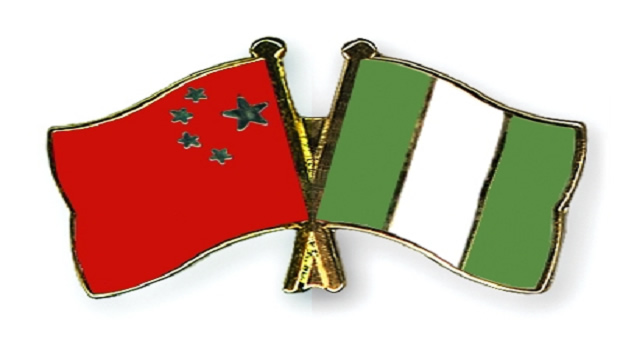The recent withdrawal of Nigerian athletes from the 2025 World Athletics Relays in Guangzhou, China, sparked a debate centered around visa processing timelines, prompting a clarifying response from the Chinese Embassy in Nigeria. The Athletics Federation of Nigeria (AFN) initially attributed the team’s absence to visa delays by Chinese authorities, a claim that the Embassy refuted in a detailed statement. The Embassy’s account provided a timeline of events, highlighting their commitment to expediting the visa process within established protocols and reasonable timeframes. This incident underscores the delicate interplay between national sovereignty in visa issuance and the complexities of international sporting collaborations.
The controversy began when the AFN announced the Nigerian team’s withdrawal from the Relays, citing delays in visa processing by the Chinese Embassy as the primary reason. This quickly drew attention and raised questions about the efficiency and responsiveness of the visa application system. The Chinese Embassy, however, countered this narrative, emphasizing their proactive approach in facilitating visa processing for the athletes. Their detailed account of the application process aimed to clarify the timeline and demonstrate their responsiveness to the request from the Nigerian National Sports Commission.
According to the Chinese Embassy, the process began on April 24th when they received a letter from the Nigerian National Sports Commission, dated two days prior, requesting assistance with visa processing for the athletes. The Embassy immediately responded, providing guidance on the necessary documentation and procedures to expedite the application. The crucial supporting documents, however, were not received at the China Visa Application Centre until May 6th, leaving a limited timeframe of only two days before the commencement of the games on May 10th.
Despite the tight schedule, the Embassy asserted that they activated expedited procedures and provided the utmost assistance to the Nigerian applicants. They managed to complete the visa issuance process within two days, by May 8th, demonstrating their commitment to facilitating the athletes’ participation in the games. This rapid processing, they emphasized, underscored their willingness to go the extra mile to ensure the smooth participation of Nigerian athletes.
The Embassy’s statement highlighted a core principle of international relations – visa issuance as a matter of national sovereignty. While expressing regret that the Nigerian athletes were unable to participate, they stressed that all foreign embassies require applicants to provide the necessary documentation and allow sufficient time for the application process, which is consistent with international standards. They firmly stated that visa processing is not simply a matter of administrative convenience, but a crucial function of national sovereignty, requiring due diligence and appropriate timeframes.
The Embassy concluded by expressing disappointment over the athletes’ non-participation but refuted the AFN’s claims as inconsistent with the established facts. They reiterated their commitment to fostering bilateral cooperation in sports and people-to-people exchanges between China and Nigeria, highlighting their consistent support for Nigerian athletes’ participation in events held in China. This incident, however, underscores the importance of timely and efficient communication between sporting bodies and diplomatic missions to avoid future misunderstandings and ensure the smooth participation of athletes in international sporting events. The Embassy’s detailed response emphasizes the need for accurate representation of facts and adherence to established procedures to maintain strong and productive bilateral relations.


